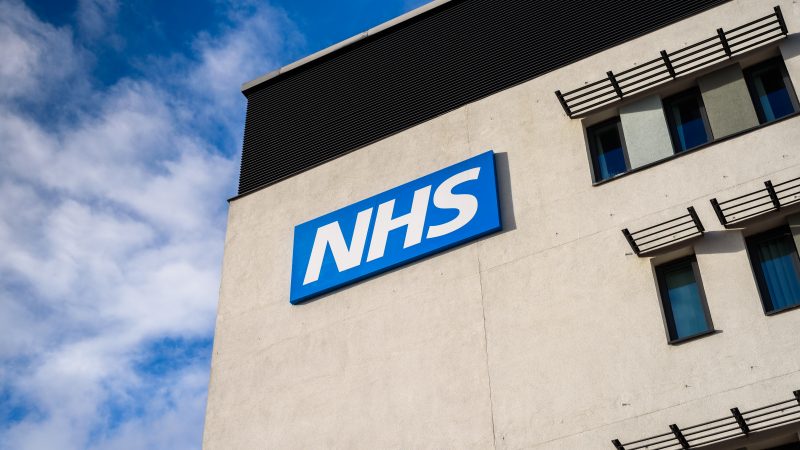
More than half of voters blame the government for nurses going on strike, a poll has found on a second day of industrial action by Royal College of Nursing members.
Tens of thousands of nurses are thought to have walked out last week in the first strike in the RCN’s 106-year history. General secretary Pat Cullen described it as a “tragic day” for nurses, patients and the NHS.
Polling, published by Savanta this evening, found that 54% of respondents blamed the government for the strikes – twice the proportion who blamed the trade unions representing the nurses (27%).
The research revealed that net support for nurses taking industrial action over pay and conditions has risen by seven percentage points since the strikes were announced at the end of November, from +35 to +42.
The poll of 2,065 adults found that 51% said nursing staff should be allowed to go on strike during the winter period, compared to 39% who said they should be prevented from doing so.
Just over a quarter (28%) of respondents said they sympathised with patients impacted by the walk-outs more than the nurses taking industrial action, while 26% said they had more sympathy with the striking workers. 42% said they sympathised with both groups equally.
Speaking to Channel 4 News today, Cullen urged Rishi Sunak to enter into negotiations with the RCN, telling viewers: “I have said time and time again, we won’t keep digging in if he doesn’t dig in, but they need to come out of their trenches and start to talk to us.”
“If this government continues after today to do the wrong thing and keep our nursing staff out in the cold, I fear that, come January, yes, we will have to continue with industrial action,” the union leader added.
The RCN announced in November that its members had voted for strikes. A ballot of the membership was launched following the government’s decision in July to award most NHS staff a 5% pay rise. The union has argued that nurses should receive a pay rise of 5% above inflation.
The government has repeatedly claimed that the RCN’s pay demand is “unaffordable”. Health Secretary Steve Barclay argued last week that such a pay rise was not possible “given the many other economic pressures that we face”.
Polling by YouGov following the first day of strike action by nurses found that almost two-thirds of voters backed the walk-outs, with 37% of those surveyed saying they strongly supported the action.
In a statement following last week’s strike, Cullen declared that it would be a “turning point in the campaign for fair nursing pay”, adding: “On a bitterly cold day, the public warmth towards nursing staff was immense.”
Commenting on today’s polling, Savanta senior political consultant Emma Levin said there has been “very little sign of any wavering in public backing” for the strikes.
“With no resolution in sight and the majority blaming the government rather than the unions or the nurses, it could be a very unhappy new year for Rishi Sunak’s government,” she added.




More from LabourList
‘Hope starts young: Why Labour must tell the story of a better tomorrow’
LGBT+ Labour suspends AGM amid fears of legal action over trans candidates running for women’s roles
‘Hyperlocal messaging can help Labour win elections: Here’s how’